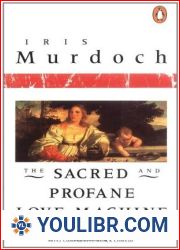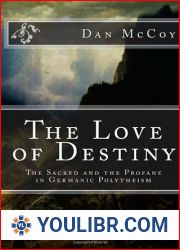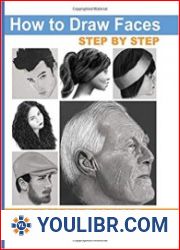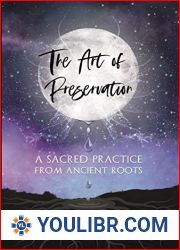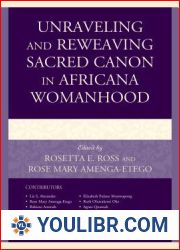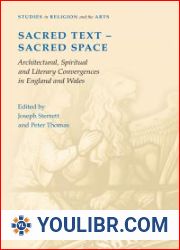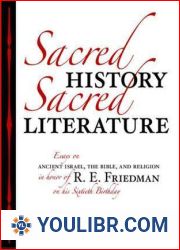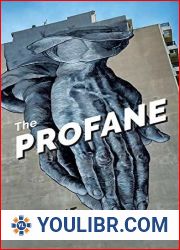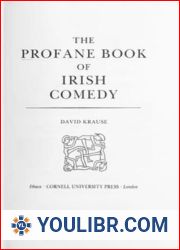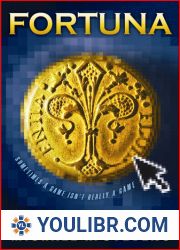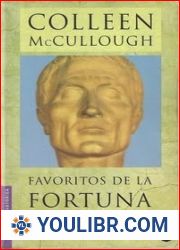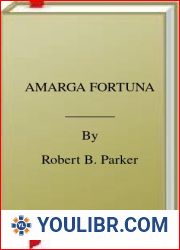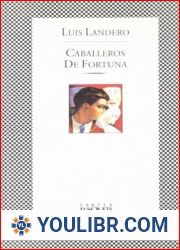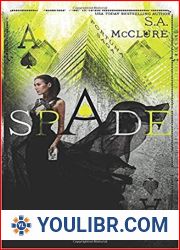
BOOKS - Fortuna: The Sacred and Profane Faces of Luck


US $9.60

763040

763040
Fortuna: The Sacred and Profane Faces of Luck
Author: Nigel Pennick
Year: January 16, 2024
Format: PDF
File size: PDF 6.9 MB
Language: English
Year: January 16, 2024
Format: PDF
File size: PDF 6.9 MB
Language: English
Traces the history of good fortune traditions from sacred divination to modern gamblingo Reveals how dice were originally considered sacred objects of divination and details the techniques and meanings of a dice oracleo Looks at medieval grimoires for fortune-telling and other divination traditions, including those using cowrie shells, bones, coins, cards, sticks, and stoneso Examines how dice became a means of gaming and gambling and how gambling gave rise to specialized lucky charmsSome believe that our future is predetermined, while others assert that we have free will and our future can take many different courses depending on our actions. In ancient times, it was believed that the will of the gods determined people's lives, and divination or sacrifices to the gods could change or improve one's future. Of the deities devoted to luck and the future, the Roman goddess Fortuna is most famous, having two shrines in Italy where divination was conducted under her guardianship.Tracing the history of the culture of good fortune from sacred divination to profane gambling, Nigel Pennick explores the many ways people through the centuries have sought to divine the future, ensure protection, and draw the full benefits from days of good omen. He shows how dice were originally considered sacred objects of divination and reveals the divinatory geomancy techniques and meanings of a dice oracle. In addition to dice, he looks at how cowrie shells, bones, coins, cards, sticks, and stones can be used to form meaningful patterns for interpretation and how these cultural divination practices were often accompanied by texts or oral traditions that explained the meanings of the patterns, such as the Chinese I Ching and the West African verses of the Sixteen Cowries. He also looks at medieval grimoires for fortune-telling, lottery books, and dice books.Exploring how dice became a means of gaming and gambling, the author details the forms of trickery and "crooked dice" used in games of craps by cheating gamblers and the Dream Books or Policy Books that served as oracles for those who played the "Numbers Racket." He examines how gambling gave rise to specialized lucky charms, luck-ensuring rituals, and even mascots. He also explores the emergence of ideas of randomness as they relate to divination and magic.Revealing how divination and gambling are two sides of the same coin, the author shows how, whether you are a gambler relying on Lady Luck or a diviner querying the gods, we're all looking to Fortuna in the quest for a better, richer life.







